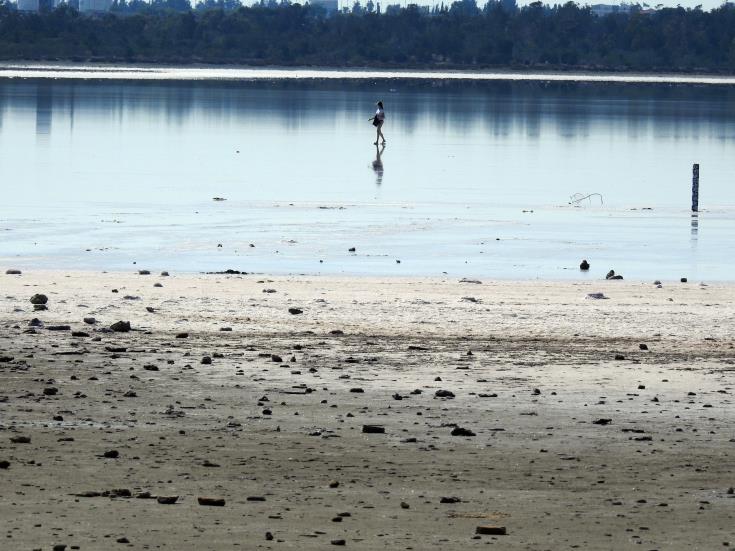Climate issues, weather changes hinder renewables policies
Source: Financial Mirror
The world is far off from a landmark goal to triple renewables. The global sum of national renewables targets is just 2% higher than it was at COP28.
Mexico and Indonesia have actually watered down their targets, while global capacity will roughly double by 2030.
According to the International Energy Agency, rising temperatures and incomes are boosting demand for cooling globally.
Space cooling is now the fastest growing source of energy demand from the construction sector, rising by almost 4% annually, driving global energy demand up.
A study has shown that climate change could make ‘wind-droughts’ for wind power 15% longer, posing serious threats to the reliability and security of wind energy supplies, especially in northern Europe.
In 2024, about 50% of electricity in the Netherlands came from renewables. A remarkable change in comparison to 2018 when almost 80% of it came from fossil fuels.
Forests are sucking up much less carbon. In typical years, forests and other vegetation suck up roughly 30% of emissions. But CO2 absorption in 2023 and 2024 was only one quarter of average levels.
Italian giant Eni bets on energy transition profits to match oil and gas by 2035. It is sticking to a ‘satellite’ strategy for low-carbon units as other international oil companies (IOCs) pull back. But earnings from Eni’s oil and gas business are still more than ten times those from low-carbon business.
Desalination is also a costly solution for a thirsty world.
According to the FT, years of under-investment in Cyprus, fragmented policymaking and reliance on rainfall – and lack of long-term planning – have brought the island’s water system close to collapse.
Europe is experiencing an alarming and deadly summer heatwave, as climate scientists continue to ring alarm bells.
Climate change is making heatwaves more frequent, more intense, and impacting larger geographical areas.
Greece, like many countries, is experiencing hotter summers stoked by human-induced climate change, which increases the length, frequency and intensity of heatwaves.
Meanwhile, the International Court of Justice has issued a landmark climate ruling. In a sweeping advisory opinion, it confirms that states have binding legal obligations to prevent environmental harm caused by climate change, including from fossil fuel production and subsidies.
The UN’s International Renewable Energy Agency (IRENA), found that global renewable power capacity surged by 15% in 2024. But almost two-thirds was added by China. Without China growth would have been a more modest 5.4%.
What the West calls decarbonisation is mostly deindustrialisation. As easy fossil fuels fade and debt-fueled growth unravels, the hard truth remains: no energy, no economy.
There was another major blackout hit in an EU country. This time it was the Czech Republic.
Earlier in July, all normal activities stopped for hours after a transmission grid line and power plant failed together, spelling disaster for the country’s economy.
Dr Charles Ellinas, Councilor, Atlantic Council
X: @CharlesEllinas
The original article: belongs to Financial Mirror .




